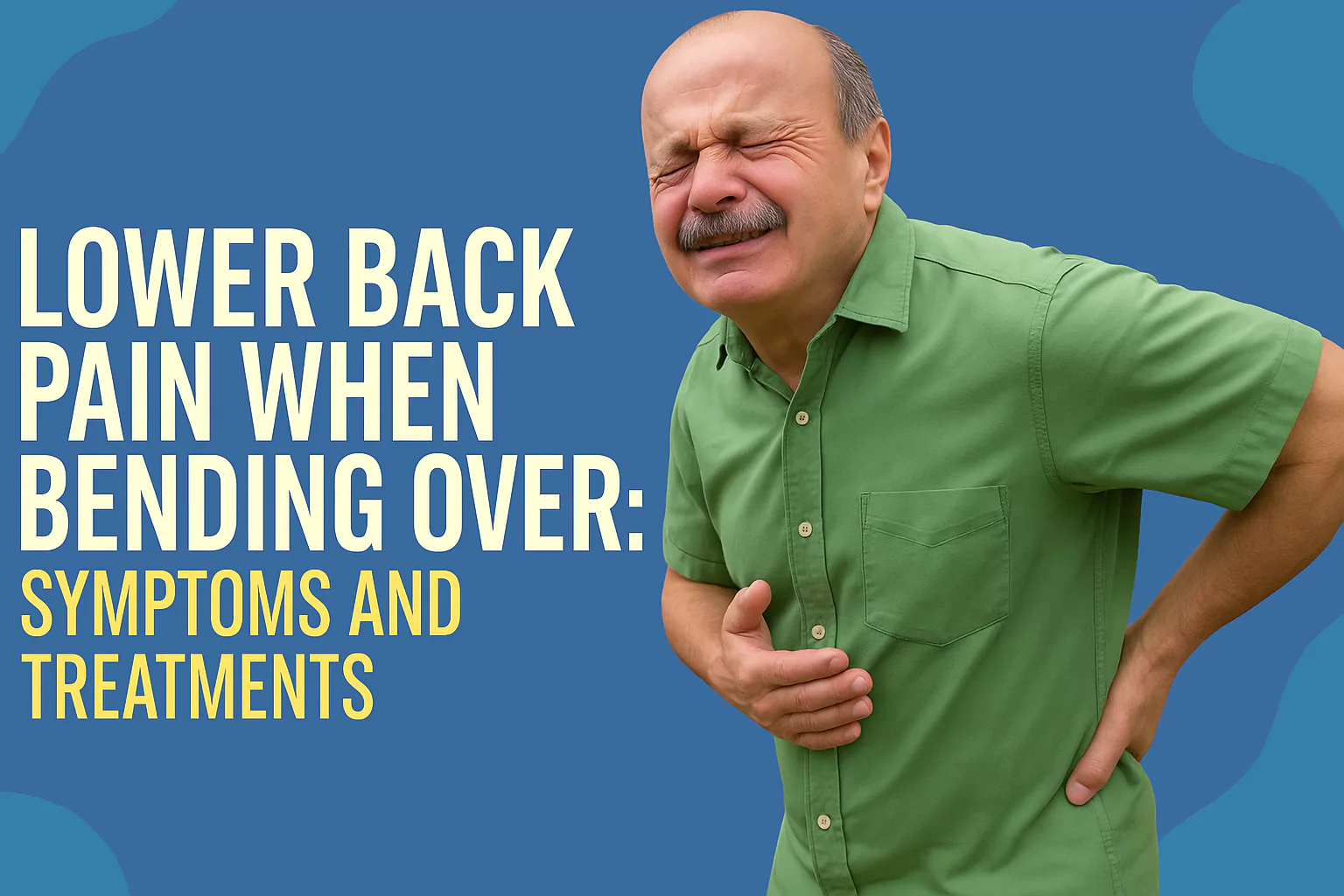
Sharp or aching low-back pain during a forward bend is usually a muscle or disc strain; 4 in 5 adults feel it at least once and most episodes settle within six weeks.
Stop the motion, brace your core, and switch to a hip-hinge that keeps the spine neutral to cut pain instantly.
Quick Facts & Fast Relief (#fast-relief):
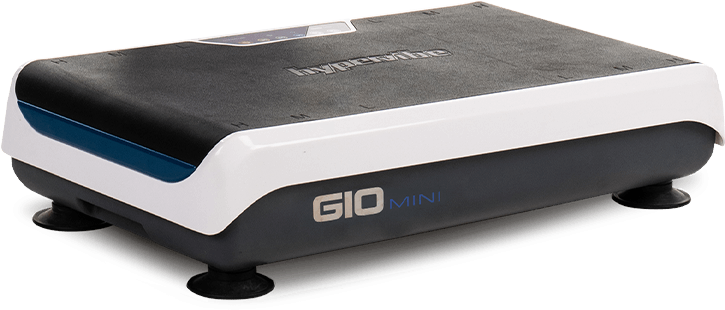




When you flex forward, body-weight shifts anteriorly and compresses the front of each lumbar disc.
Intradiscal pressure roughly doubles compared with upright standing,
stretching the outer annulus and tugging on posterior ligaments; paraspinal muscles contract to brake the motion, adding further load.
Likely pain generators

Pain map – muscle vs disc vs joint
An intervertebral disc has a tough outer ring (annulus fibrosus) and a gel-like core (nucleus pulposus).
A “slipped” or herniated disc occurs when the nucleus ruptures through a torn annulus and bulges toward the spinal canal,
sometimes seeping inflammatory proteins onto a nerve root.
Typical symptom patterns:
Age-related disc dehydration,
All accelerate annular degeneration and raise herniation risk.
Quick self-check:
When to image:
Order an MRI (or CT if MRI unavailable) when radicular pain or numbness lasts > 6 weeks, neurological deficits appear, or any red flag is present.
Plain X-ray is reserved for suspected fracture or severe osteoarthritis; EMG helps confirm nerve-root damage if imaging is equivocal.
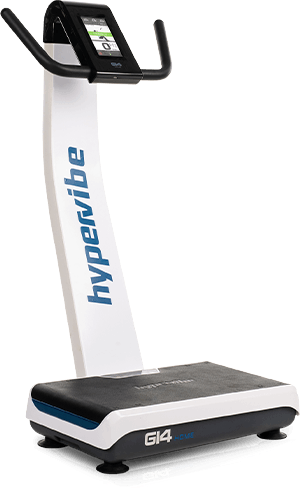




Presence of any red flag warrants same-day imaging and specialist referral.
Three controlled trials say yes—when dosed carefully:
Safe home settings: stand with soft knees at 10–15 Hz, ≤ 1 g, 30–60 s per move, total 5–10 min.
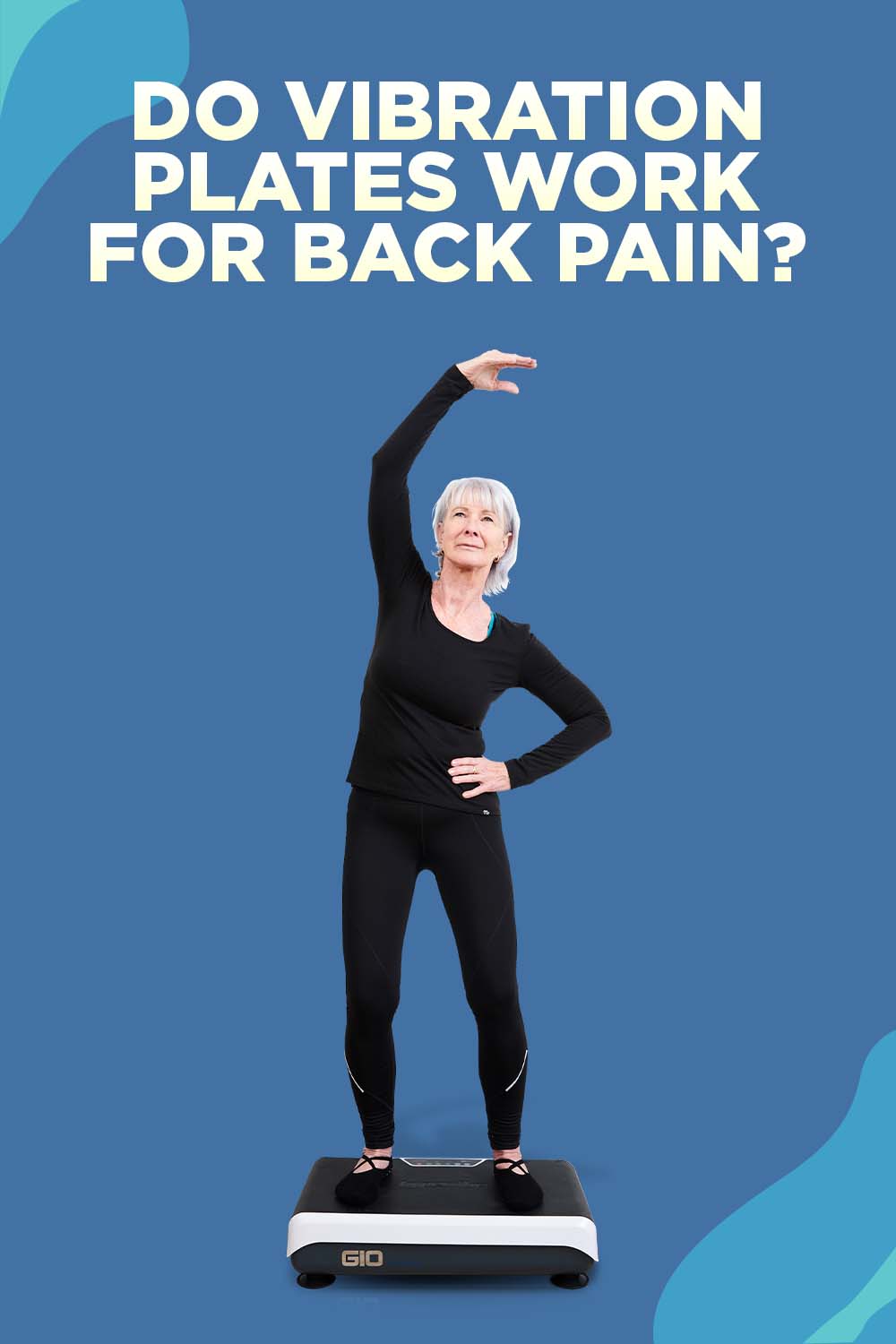
Rest 30 s between moves; stop if leg numbness or increased pain appears.
To maintaing long term prevention use a hip-hinge: feet shoulder-width, spine neutral, hinge at the hips while the chest stays up, then drive through the heels.

Core-strength routine – plank progressions
Core-strength routine – plank progressions:
Train 3× week; advance by adding 10 s or 2 reps every fortnight.
Strong transverse abdominis and multifidus muscles cut disc shear during daily tasks.
Lifestyle levers:
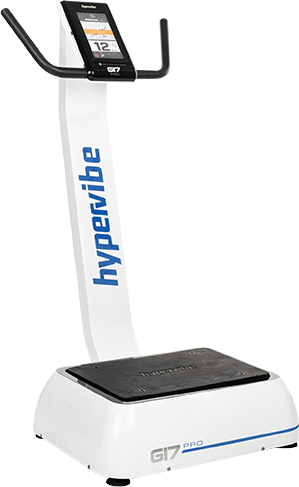




Seek urgent medical care if any of the following appear:

When to Call the Doctor For Your Back Pain
These red flags can signal cauda equina syndrome, disc infection, or other emergencies requiring prompt imaging and treatment.
Most herniated discs settle with conservative care in 6–12 weeks; studies show 85-90 % of patients are pain-free by three months.
Pain often begins easing in the first 2–6 weeks, though complete disc resorption can take up to six months.
Persistent deficits beyond 12 weeks need specialist review.
Extended bed rest is counter-productive for disc pain.
Clinical guidelines favor staying active; if pain is intense, limit rest to ≤48 hours, then resume gentle movement.
Early mobilization reduces pain and disability more effectively than lying down for days.
Yes—once acute pain has settled and a clinician clears you—begin with light, pain-free loads, core-bracing drills, and strict neutral-spine technique.
Avoid heavy axial lifts such as deadlifts and back-squats until you regain full, symptom-free range and baseline strength.
Evidence is weak: inversion tables may give brief pain relief or delay surgery in select disc cases, but systematic reviews find no lasting benefit for most back-pain patients.
They’re contraindicated in glaucoma, uncontrolled hypertension, or heart disease, so consult a doctor first.

To use a vibration plate for weight loss, stand, squat,...

Lately, vibration therapy (VT) has been finding implementation in more...

The lymphatic system, also called the lymphoid system, is an...

Taking into consideration the growing popularity of the vibration plate,...

Most probably you are already familiar with the body vibration...